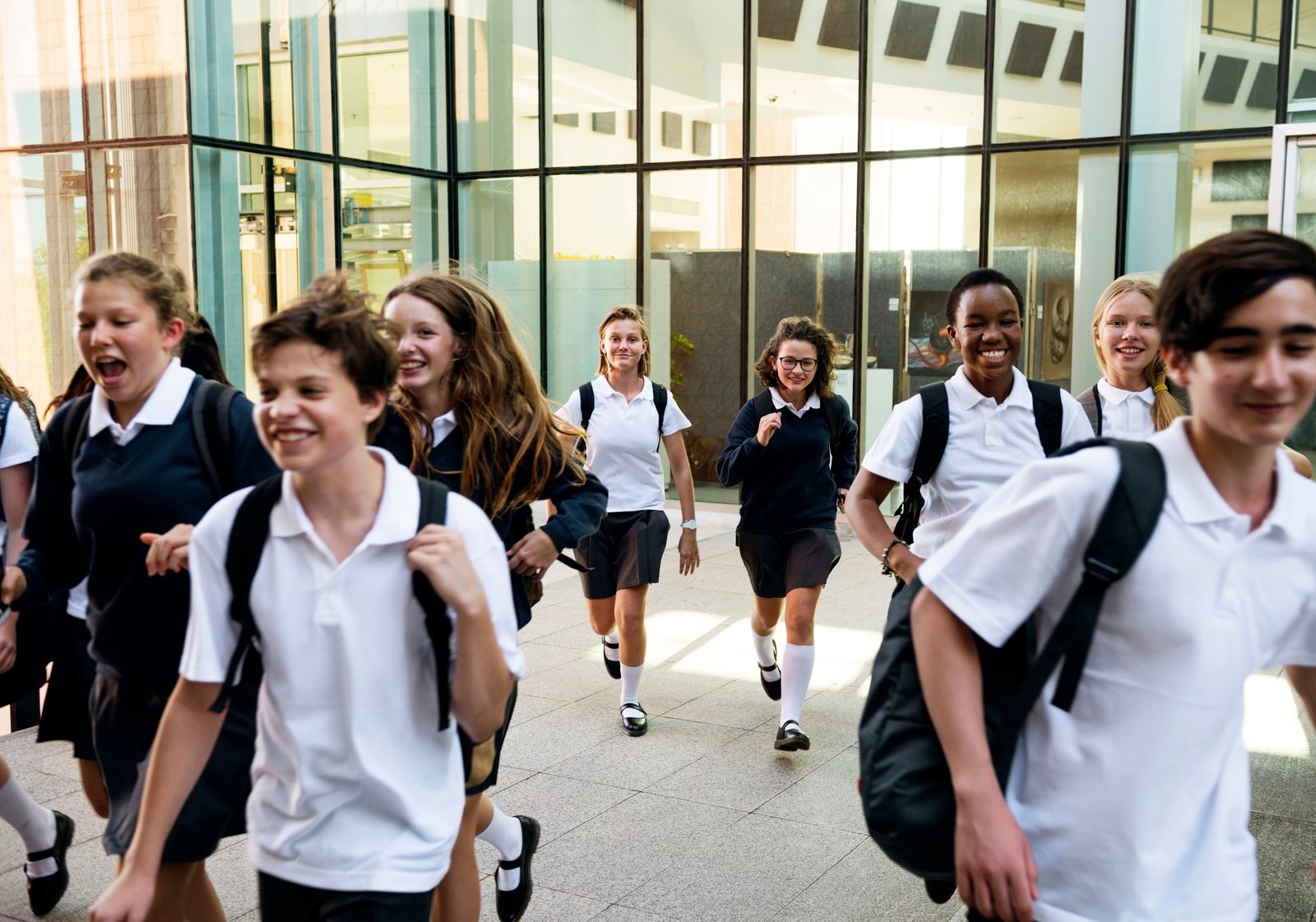The Curriculum and Assessment Review is good - and a step forward towards a more inclusive, holistic, and aspirational education system

The Curriculum and Assessment Review is an important moment. It offers a fresh vision for what children and young people should learn at school and how learning should equip them for life and signals a much-needed shift towards a more balanced and holistic education system that values knowledge, skills, and experiences.
The criticism that these sensible changes will equal a drop in standards or aspiration feel more opportunistic than evidence based. The shocking numbers of children leaving school without basic qualifications, the ongoing problems with school attendance, and a widespread lack of engagement felt by many children are problems that need urgent reform to solve. The curriculum must change if we’re to build a stronger education system and start to tackle the generational problems that are holding back our society and economy.
So, I’m pleased that the Review makes it crystal clear that every child, regardless of background, should be able to access a world-class education that reflects the diversity of modern Britain.
That aspiration sounds obvious, but over recent years it has become very clear that the current curriculum fails many children, and that parts of it have lost relevance and purpose. The Review’s proposals for a much broader, more representative curriculum where every pupil can “see themselves” in what they study is something we at the Centre for Young Lives have long championed through our Ambitious About Inclusion work, led by our Visiting Fellow Jonny Uttley.
The Review makes several significant recommendations that, together, can reshape both curriculum content and the wider school experience. Embedding oracy across the curriculum is long overdue. Making citizenship and financial education mandatory in primary schools is very welcome. Greater representation of diverse histories, cultures and perspectives across subjects, alongside explicit guidance on curriculum adaptation for SEND pupils are also very positive and important proposals.
The Review echoes our own recommendations made earlier this year in our report with Child of the North, calling for a “digital vaccination” for every child, combining access to devices and connectivity with the skills to think critically about online information.
The Review is also right to call for a reduction in the dominance of exams. We need to move away from the idea that schools are simply exam factories. Cutting at least 10 per cent of GCSE exam time, freeing up capacity for broader learning and enrichment without compromising rigour is sensible. And phasing out the English Baccalaureate measure to widen curriculum choice while maintaining high standards is not a dilution of learning, it is a recognition that the current curriculum isn't delivering in the way that it should.
Lastly, widening enrichment in the education system is something we have been banging the drum for over many years. Enrichment activities give children and young people access to exciting and enjoyable experiences in their schools and communities, nurturing a sense of belonging, encouraging new skills, building friendships, boosting mental and physical health, and building confidence, self-esteem and agency. They also keep young people safe, and - importantly - can be great fun.
Over the last decade we’ve seen a major decline in access to enrichment with students in state schools more than three times more likely to stop all activities than their peers in private schools. So, to see a core enrichment entitlement - including civic engagement, arts and culture, sport, outdoor learning, and life skills - as part of every child’s education is brilliant.
The benefits both for children and teaching staff from a new focus on enrichment should be seen in greater engagement with school, and improved attendance and behaviour. Schools should have nothing to fear, and the onus is now on the Government to work with schools to support them to deliver. which does include with the resources to do so.
Put together, the Review’s proposals and the government’s response reflect a long-overdue recognition that our education system should be able to shape well-rounded, resilient, and capable young people who are ready for life beyond school - wherever they live and whatever their background. This feels like a big moment of change – and an important step forward towards building the more inclusive, modern, education system, that our country so desperately needs.















